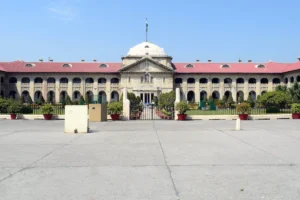
The Royal Swedish Academy of Sciences awarded the Nobel Prize in Economic Sciences to three US economists for their groundbreaking research on why nations experience vast differences in prosperity. Daron Acemoglu, Simon Johnson, and James A. Robinson received the prize for their work on how institutions shape economic outcomes.
Impact of Institutions on Prosperity
The laureates’ studies have highlighted the crucial role that societal institutions play in a country’s economic growth. According to the Academy, societies with weak legal frameworks and exploitative institutions fail to generate sustained development. The research provides insights into why some countries remain poor while others thrive.
The Nobel committee emphasized that reducing income disparities between nations is a key challenge of our time. The trio’s work helps explain the link between institutions and prosperity.
Colonial Legacies and Economic Systems
The economists also explored how European colonization influenced global economic disparities. In some colonies, institutions were built to exploit local populations, while in others, inclusive systems were established for long-term benefits. This divergence explains why former colonies have vastly different economic outcomes today.
Their research further shows that when elites control the political system, economic reforms often fail, as the populace distrusts promises of improvement. The study suggests that threats of revolution may push leaders toward democratisation when no other solution is credible.
To read more such news, download Bharat Express news apps




















